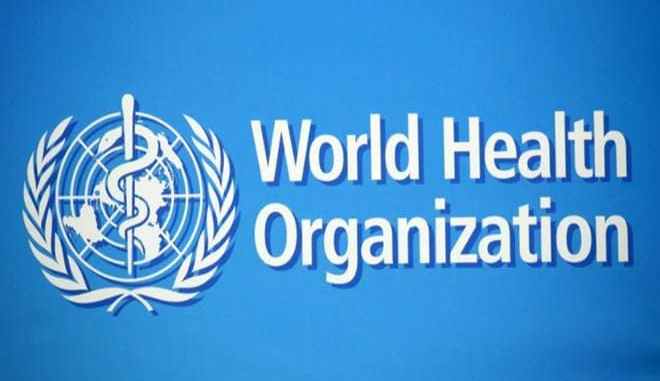From Fred Ezeh, Abuja
Despite socioeconomic and security challenges, the World Health Organization (WHO) has stated that life expectancy of Nigerians is improving, attributing it to improved healthcare system at basic and secondary levels, improved research, technology, knowledge and several other factors.
WHO Country Representative, Dr. Walter Kazadi Mulombo, stated this at an interactive meeting with journalists in Abuja, on Friday, adding that the life expectancy had hit 60 for men from below 50 where it was before.
He, admitted, that, though, the overall health system and service delivery might not be where it’s expected to be, but there’s tremendous improvement when compared to what was available two to three decades ago.
He stated that improved local financial, human, logistics investments, and some other supports from foreign partners like the WHO, UNICEF and some others could be linked to the success recorded over the years.
He said: “Obviously, there’s improved access to vaccines, drugs, right diagnosis, education, lifestyle, dieting, and several other things particularly general knowledge, that has helped the people to make informed choices and decisions as regards their health and well-being.”
Meanwhile, the WHO Technical Officer, Muyiwa Ojo, in a presentation at the meeting revealed that Africa’s healthcare system is facing an unprecedented crisis, stating that the continent might face a staggering 5.3 million health worker shortage by 2030, accounting for half of the global shortage.
He stated that the alarming deficit threatens to exacerbate existing health challenges, further compromising the continent’s ability to provide quality healthcare
“Sadly, unemployment and underemployment has also plagued the health sector, with 1 in 3 health workers unemployed or underemployed. Also, a staggering 45 per cent of health workers plan to migrate, with 52 per cent of Nurses and Midwives choosing the UK and 36 per cent opting for the US.”
The brain drain of health professionals from Nigeria and other African countries to developed nations has worsen the shortage, as Nigeria, Zimbabwe, South Africa and Ghana are top suppliers of Nurses to the UK.
